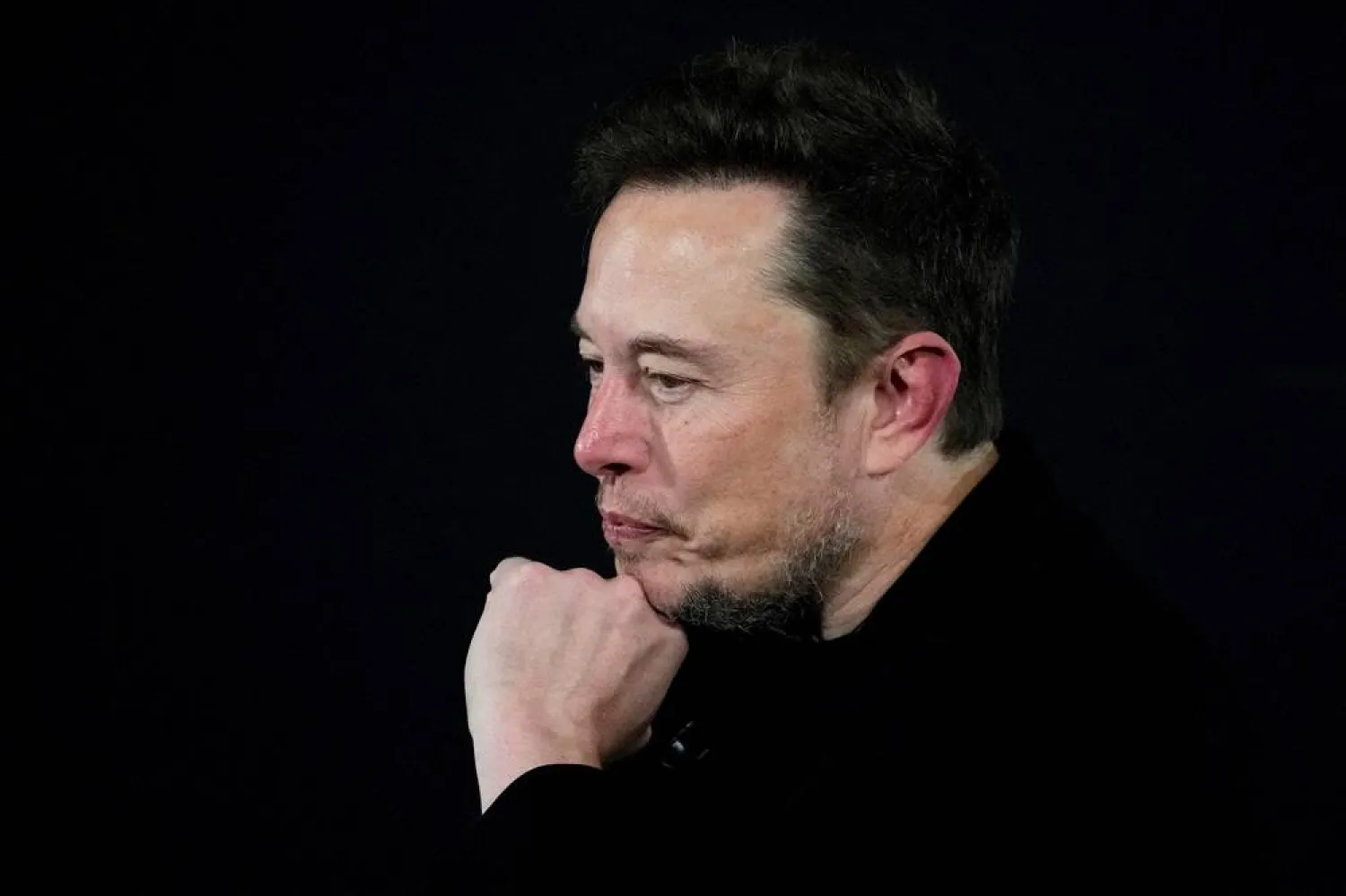A group of 27 US lawmakers, all Democrats, wrote to X owner Elon Musk on Tuesday to express concern the platform seemed to be profiting from premium accounts that glorified violence against Israelis.
In the letter to Musk and X chief executive Linda Yaccarino, the lawmakers noted reports from nonprofit organizations that showed people with X Premium accounts "glorifying barbaric acts of violence against Israelis."
The letter is the latest fight between Musk, who bought Twitter and renamed it X, and those who have advocated for better content moderation. X sued the watchdog group Media Matters on Monday, alleging it defamed the platform after it published a report that said ads for major brands had appeared next to posts touting Adolf Hitler and the Nazi party.
"These reports demonstrated that X is profiting from the spread of this gruesome and harmful propaganda through account subscription fees and ad revenue," the lawmakers wrote, adding that much of the offensive content remained live despite being flagged by researchers.
X did not immediately respond to a request for comment.
The lawmakers said X profited from the posts both from subscription fees as well as ads displayed in replies to both Premium and regular posts.
"X has financially benefited from the spread of demonstrably false and misleading content as well," the lawmakers wrote.
X's US ad revenue has declined at least 55% year-over-year each month since Musk's takeover. Advertisers have left the platform since Musk bought it for $44 billion in October 2022 because of some of Musk's controversial posts and layoffs of employees who worked to moderate content.
The lawmakers also noted that the United States had designated Hamas as a terrorist organization in 1997, which means that it was unlawful to knowingly provide material support or resources to the group.
"There is no ambiguity about whether violent videos generated by the group qualify under these policies. These are videos that carry official Hamas branding and iconography," the lawmakers wrote.









